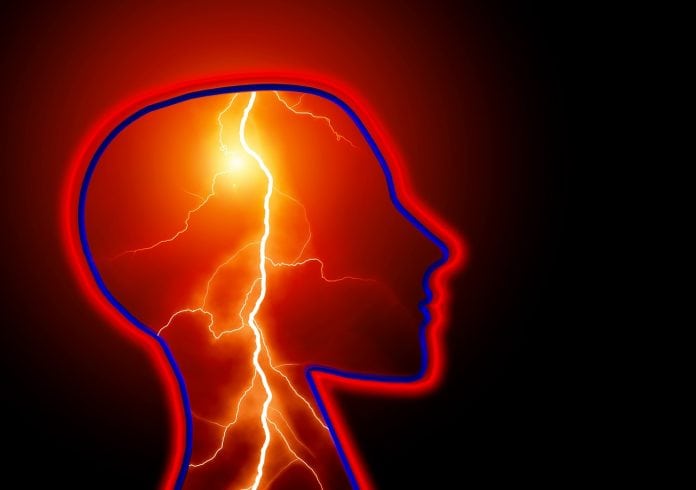
Every two seconds, someone in the world is having a stroke. Globally, stroke is the leading cause of disability and the second leading cause of death.
The right stroke care can save lives, but globally, not everyone has equal access to life-saving treatment.
On World Stroke Day the World Stroke Organisation is calling for global action to reduce inequality in stroke treatment to help save millions of lives.
More than 17 million strokes occur globally each year with over 6 million deaths. The global challenge is huge with 26 million stroke survivors, many living with significant disabilities. One in six people will have a stroke in their lifetime.
The World Stroke Organisation calls on governments to take action to increase equity of access to critical stroke treatments, particularly for women and in low income communities. Improving stroke care will reduce the costly impact of stroke on healthcare systems around the world.
Despite evidence of some decline in stroke rates in high income settings, the global burden of stroke continues to expand, particularly driven by increased rates in low and middle income countries. This has been termed the “stroke pandemic”.
In low and middle income countries, precise data are often lacking, but evidence suggests the majority of patients cannot even access basic evidence-based therapies such as stroke unit care, thrombolysis or low-cost preventative medications.
Even in high income settings, where there are more robust data, large differences in quality of care are evident.
The WSO continually strives to build and strengthen local advocacy capacity through training to help address some of these inequities.
A ‘Roadmap to Delivering Quality Stroke Care’ guide was developed by WSO to assist health care professionals, governments and healthcare system decision-makers in delivering best practice stroke care with evidence-based treatments.
“The ethos of the Roadmap is that even with limited resources you can do something to improve stroke outcomes,” said incoming WSO President, Professor Werner Hacke.
“I call on individuals, families, communities, health professionals and governments to come together in the fight against stroke and improve access to life-saving stroke treatments, he added.
For more information visit www.worldstrokecampaign.org to register your World Stroke Day events or download campaign resources.





































